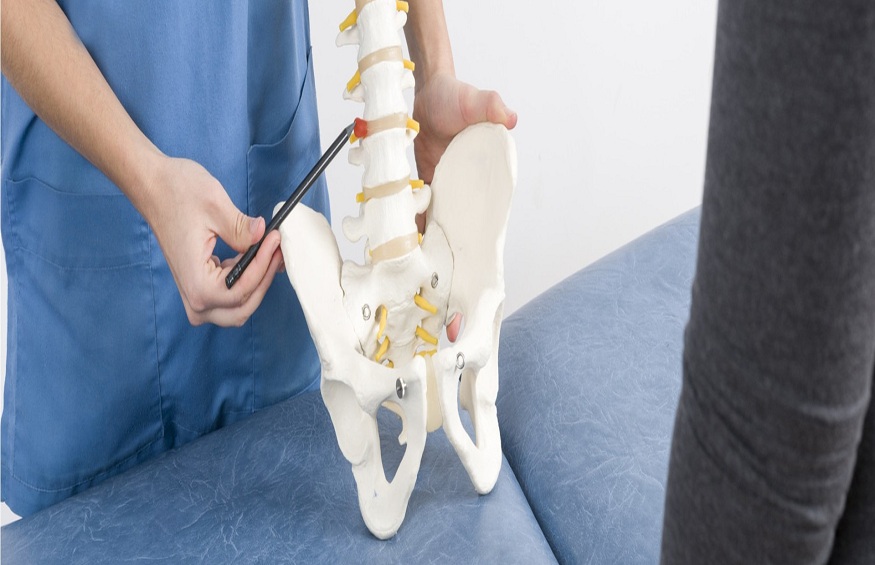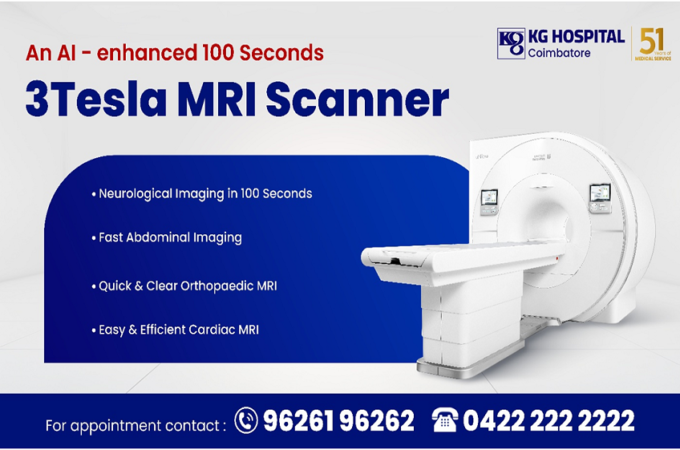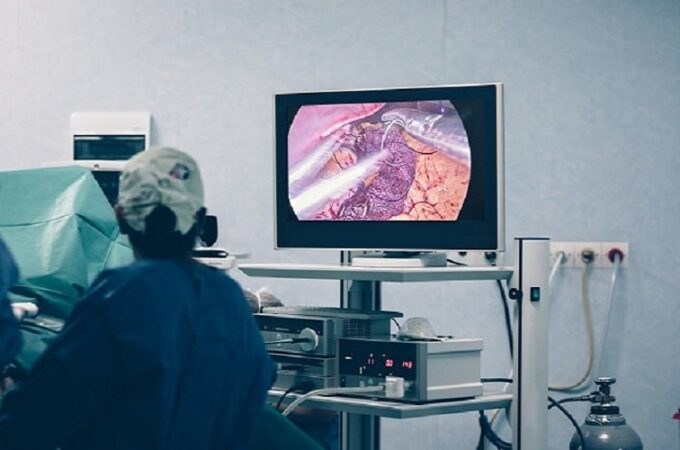
Revolutionizing Spine Health: Exploring the Versatility of Disc Replacement Surgery
Spine injuries can be devastating, leading to debilitating symptoms like neck and back pain, weakness, and tingling in the arms and legs. When conventional treatments such as physical therapy, medications, or epidural injections prove ineffective, disc replacement surgery emerges as a versatile alternative. The procedure offers hope for those grappling with persistent spinal issues, promising a transformative approach to alleviate pain and restore mobility.
The article explores areas where disc replacement can be a practical treatment approach, offering relief and improved quality of life for patients facing specific spinal issues.
1. Treating Degenerative Disc Disease
Degenerative disc disease is a condition marked by the deterioration of spinal discs, leading to persistent back or neck pain, reduced mobility, and discomfort. Degenerative disc disease may develop due to age-related wear and tear, injury, or genetic predisposition. In such cases, artificial disc replacement by an experienced and reliable neurosurgeon is a superior treatment option for most patients over other treatments like traditional disc fusion.
The procedure effectively combats degenerative disc disease by substituting damaged discs with artificial ones, resulting in substantial symptom relief and an enhanced quality of life. It addresses the root cause, offering individuals a path toward pain reduction, improved mobility, and a return to an active and comfortable lifestyle.
2. Addressing Chronic Low Back Pain
Chronic low back pain is a prevalent issue characterized by persistent and often debilitating discomfort in the lower back region. It can stem from various factors, such as degeneration of spinal discs. This condition significantly impacts one’s quality of life, hindering daily activities and overall well-being. Artificial disc replacement addresses chronic low back pain by targeting the root cause.
Replacing damaged discs with artificial ones offers relief and the potential for a pain-free future. Patients can benefit from improved comfort and mobility, ultimately regaining their ability to lead a more active and fulfilling life. Consulting an experienced neurosurgeon is essential to explore this treatment option thoroughly.
3. Addressing Cervical Pain
Cervical pain refers to persistent discomfort in the neck region, often resulting from conditions like degenerative disc disease. It significantly impacts one’s life, causing pain, reduced mobility, and hindering daily activities. Artificial disc replacement effectively addresses chronic cervical pain by replacing damaged cervical discs with artificial ones, typically made from titanium.
Cervical disc replacement alleviates pressure on the spinal cord and nearby nerves, relieving pain, numbness, and weakness. The artificial disc also allows a full range of motion while experiencing pain relief. Consulting an experienced and well-connected neurosurgeon is essential for patients seeking this treatment, as it can significantly improve comfort, mobility, and daily function.
4. Symptomatic Disc Herniation
Symptomatic disc herniation occurs when spinal discs, often due to injury or wear and tear, bulge, or rupture, cause radiating pain in the arms or legs, known as radicular pain. The condition significantly impacts one’s life, causing discomfort and limiting mobility.
Artificial disc replacement plays a crucial role in treating symptomatic disc herniation. By addressing the herniation and associated symptoms, this surgical intervention provides relief and allows patients to regain comfort and mobility. Consulting an experienced neurosurgeon is essential in exploring this treatment option, as it can significantly improve the patient’s quality of life.
Unlock Mobility Freedom with Disc Replacement Surgery
Artificial disc replacement emerges as a versatile and reliable solution, offering patients the promise of enduring comfort, long-term relief, and a full range of motion. When conventional treatments like physical therapy and non-surgical interventions fall short in case of spine injuries or other pain-related spine discomfort, identifying a neurosurgeon with experience, wisdom, and a deep understanding of the procedure becomes paramount. Such expertise ensures patients receive the best possible care, leading them to a more pain-free and mobile future.





